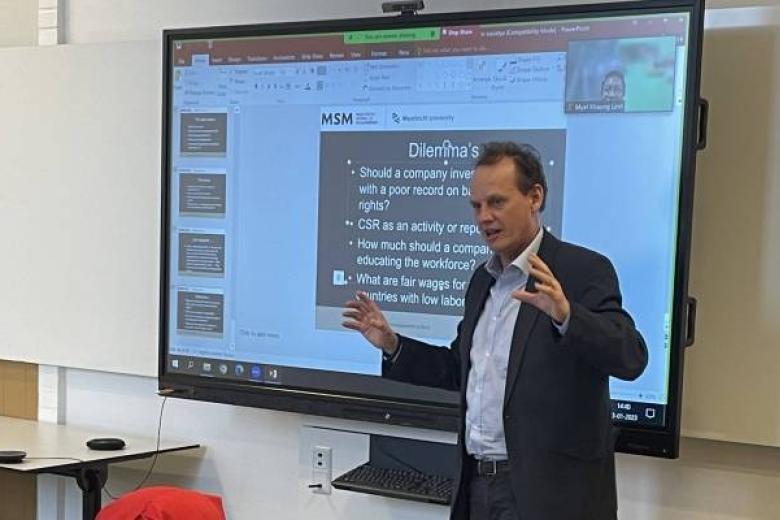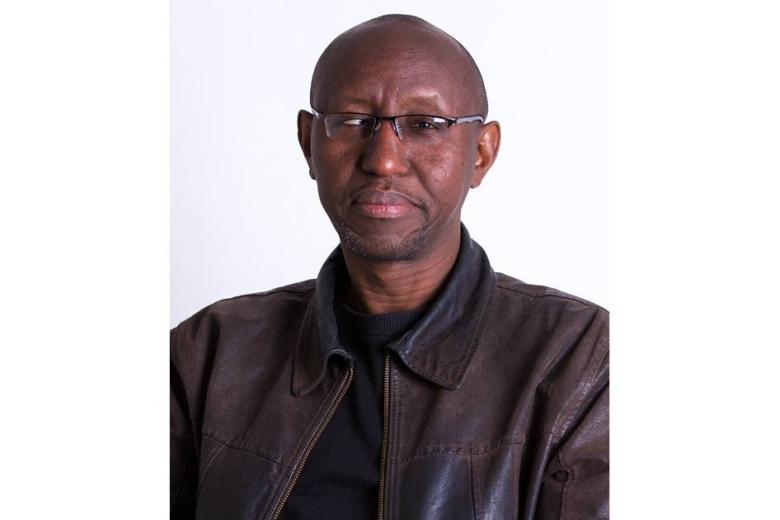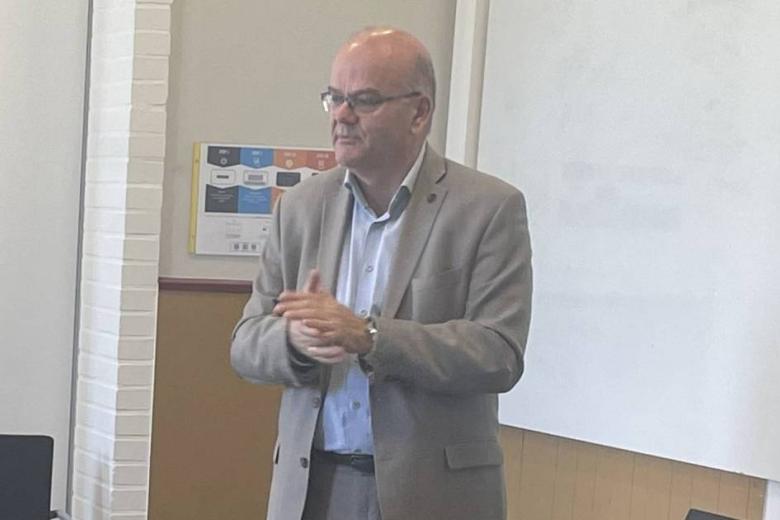Why Nations Fall and the Narrow Corridor - by Diederik de Boer, Julius Gatune, and Andre Dellevoet.
Why Nations fail
The 2024 Nobel Prize in Economics highlights a critical truth: institutions shape the trajectory of nations. In their landmark work Why Nations Fail (2013), Daron Acemoglu and James Robinson argue that institutions—whether inclusive or extractive—determine a country’s economic development. History plays a vital role, as the institutions inherited from colonial rule often persist long after independence.
Many former colonies, especially in Africa and Latin America, inherited extractive institutions designed to serve colonizers. These systems remain a major obstacle to progress, as seen in the contrasting development of Mexico and the United States. In Mexico, extractive institutions have stunted growth, while inclusive systems in the U.S. and Canada have fueled prosperity.
Botswana is a rare exception. Its traditional rulers sought British protection rather than total colonization, preserving local institutions. As a result, Botswana has experienced good governance and economic success, in contrast to countries like Swaziland and Ethiopia, where outdated institutions have hindered development.
Effective institutions require legitimacy. Leaders must feel accountable to their people (vertical legitimacy), and citizens must trust one another (horizontal legitimacy). Botswana’s traditional chiefs, for example, felt a duty to share diamond wealth with the population, while leaders like Mobutu Sese Seko looted their countries with no sense of accountability.
In many post-colonial nations, new institutions lacked this legitimacy. Leaders used them as tools for extraction, much like their colonial predecessors. Reforms, often driven by external forces like the Bretton Woods institutions, failed because they lacked local support. Building strong institutions is not just a technical challenge but a political one, requiring legitimate, accountable leadership.
As the global economy shifts with AI, digitalization, and the green transition, new institutions are needed—especially in countries burdened by colonial legacies. Addressing these historical imbalances, both nationally and globally, is essential for equitable development.
The legacy of colonialism still shapes the world today. If former colonial powers wish to help, they should focus on restructuring these systems. More research is needed to understand how institutions can build trust in societies fractured by ethnic divisions and exploitation, and ensure leaders are accountable to the people they serve.
The Narrow Corridor
Acemoglu and Robinson’s work offers one of the most compelling frameworks for understanding how nations can move into and remain in what they call the “narrow corridor” of liberty alongside economic prosperity. Unlike many development studies, which often present a wishlist of governance, industrialization, and public service reforms, their research focuses on the critical elements needed to ignite and sustain broad-based development.
The interaction between socio-economic and political forces, particularly the balance of liberty and prosperity, is central to their theory. Their analysis clarifies how countries can make progress even when starting from conditions of poverty and poor governance. This has transformed what was once a “black box” into a clearer roadmap for development.
Although their work has faced criticism for being historically deterministic or "Eurocentric"—echoing the Western superiority mindset seen in the 1990s Washington Consensus—Acemoglu and Robinson were careful to include global examples and draw from a wide range of disciplines, from law to political science and economics. This interdisciplinary approach strengthens their insights.
Moreover, their ability to translate complex ideas into an accessible format has made their work influential, reaching a broad audience well beyond academia. While some may debate the implications of their conclusions, there is no denying that their research has provided valuable tools for understanding how liberty and prosperity can coexist and thrive.
Dr. Diederik de Boer is Director of the International Projects and Consultancies Department and Associate Professor Sustainable Business Development at Maastricht School of Management.

Dr. Julius Gatune Kariuki is a Senior Project Consultant at MSM's International Projects Department (IPD). In this role, Dr. Kariuki focuses on leveraging the Triple Helix model to enhance innovative capacity and drive the development of solutions to diverse development challenges. He holds a PhD in Policy Analysis from the Pardee RAND Graduate School in Santa Monica, California, and an MBA from the University of Nairobi.

André Dellevoet holds a Masters in Law from Maastricht University (the Netherlands) and a Masters Degree in Political Science from Leiden University (the Netherlands). Mr Dellevoet is an expert in private sector development, development finance, corporate social responsibility and good governance, having worked with over 600 companies across Africa under different private sector development programs.

Also read
-
Andrés Caceres Solari on No room for Human Rights in Gaza and Ukraine: How the Law Legitimizes Urban Devastation
Pick Our Brains Session with Andres Caceres Solari

-
AMIBM hosts the final Realise-Bio conference
The Aachen Maastricht Institute of Biobased Materials (AMIBM) hosted last week the third and final Realise-Bio annual conference, bringing together the Dutch and German bioeconomy ecosystems at the Brightlands Chemelot Campus.

-
Macrophages as key to treating liver fibrosis
Sabine Daemen is researching how certain macrophages can slow down fatty liver disease and fibrosis in order to develop new therapies.
